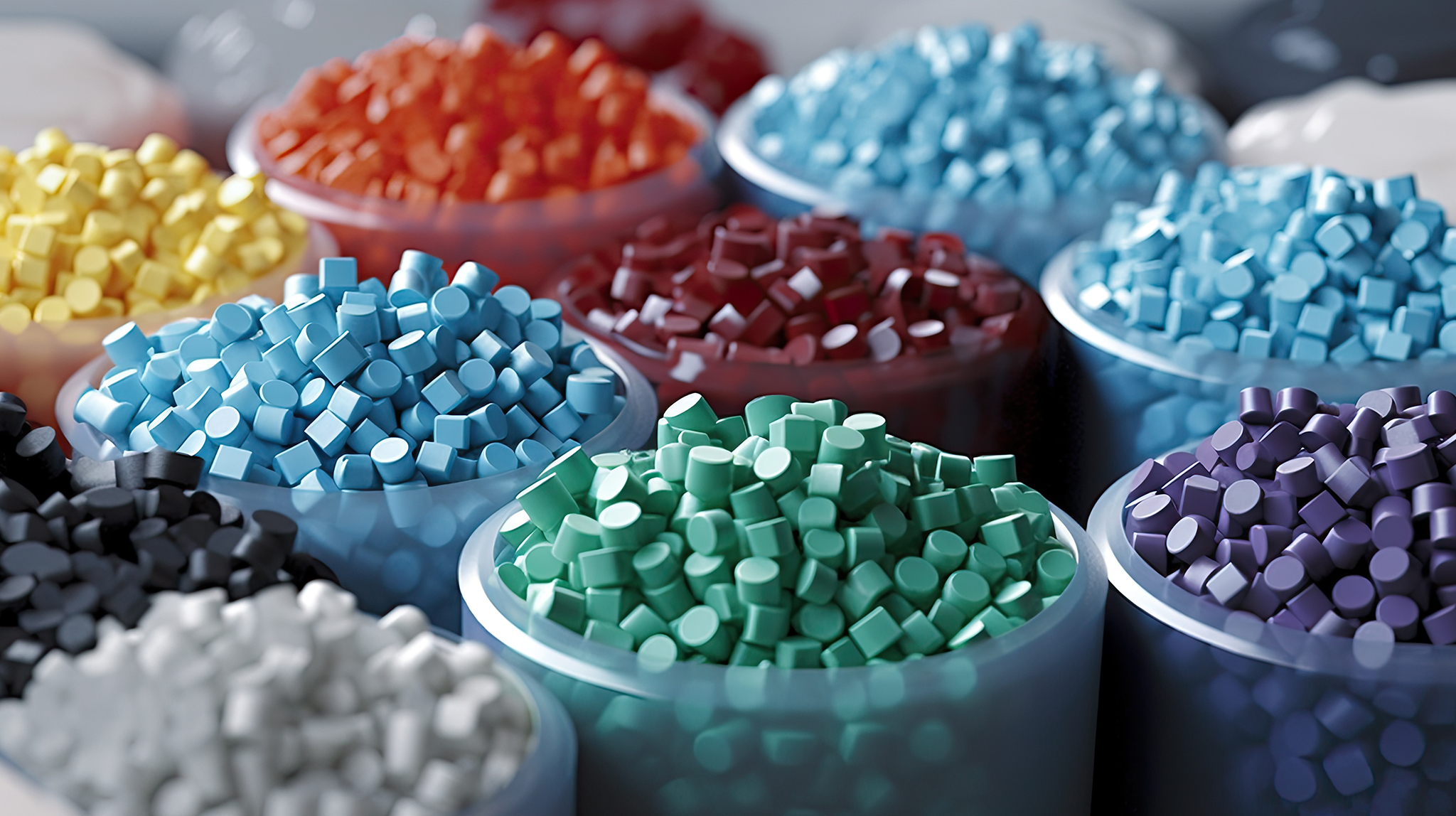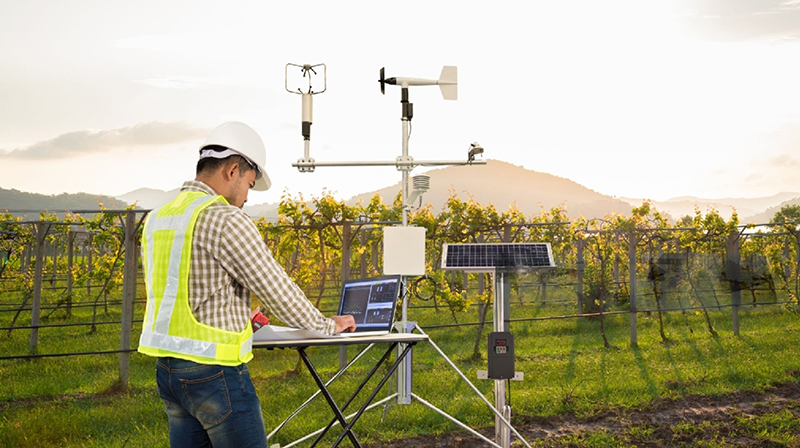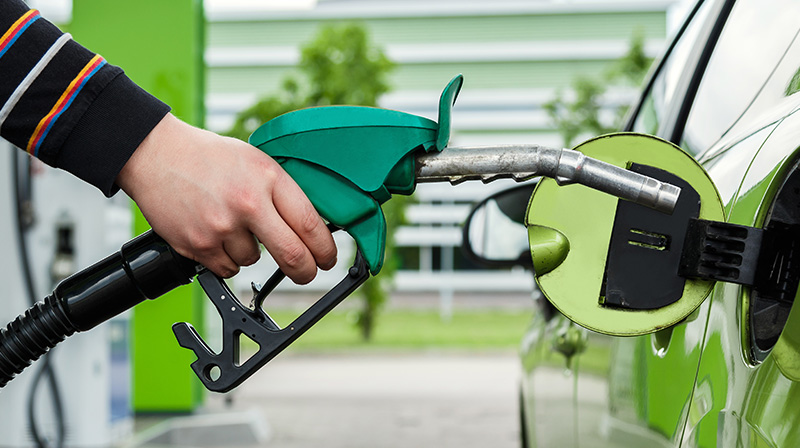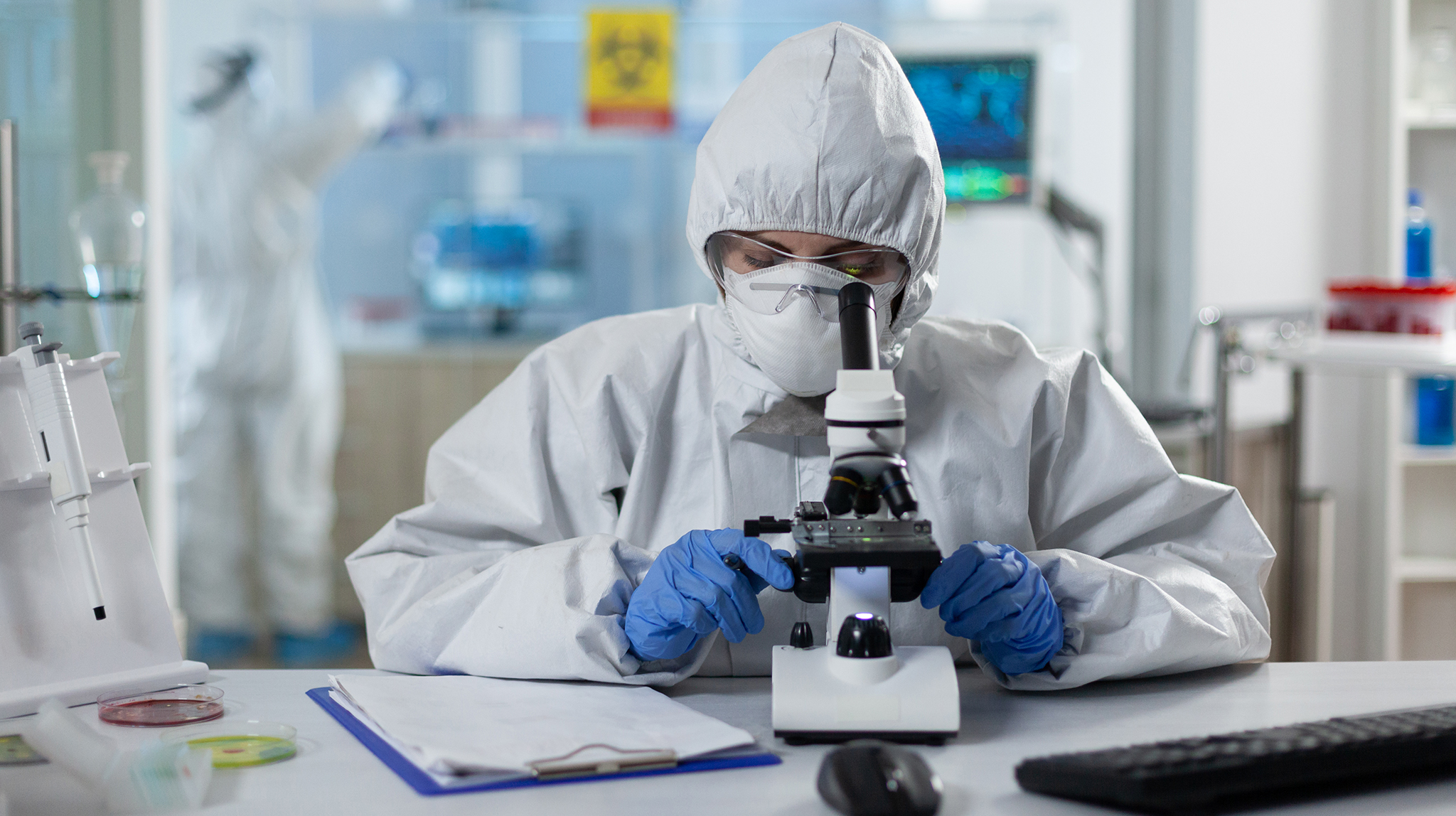Plastics have become ubiquitous in our daily lives. From the packaging that protects our food to the medical devices that keep us healthy, plastics play a vital role in modern society. However, ensuring the safety and environmental responsibility of these materials is paramount. This is where plastic testing comes in. There are quite a few Plastic Testing Labs in India but testing the pollution aspect of plastics need expertise and skills where the various testers of FARE Labs play a major role.
What is Plastic Testing?
Plastic testing is a comprehensive set of scientific procedures designed to evaluate the properties, performance, and environmental impact of plastic materials. These tests can be categorized broadly into two main groups:
- Safety Assessment: These tests identify and quantify potential hazards associated with plastics, such as the presence of harmful chemicals that could leach into food or beverages. Safety assessments also evaluate the suitability of plastics for specific applications, ensuring they meet regulatory requirements for food contact or medical devices.
- Performance Testing: These tests measure the physical and mechanical properties of plastics to guarantee their functionality and durability in intended applications. For instance, performance testing might evaluate a plastic bottle’s resistance to cracking or a plastic medical device’s sterilization capabilities.
Why is Plastic Testing Important?
Plastic Testing plays a critical role in safeguarding human health and the environment. Here are some key reasons why plastic testing is essential:
- Safety Assurance: Plastic testing helps identify and mitigate potential risks associated with plastics. This includes assessing the presence of harmful chemicals, ensuring plastics don’t leach harmful substances into food or liquids, and verifying they meet strict safety standards for medical applications.
- Quality Control: Testing guarantees that plastics meet the required specifications for performance, durability, and consistency. This helps manufacturers maintain high-quality standards throughout the production process.
- Environmental Responsibility: Plastic testing services plays a role in promoting environmentally conscious plastics development. By identifying biodegradable plastics or plastics made from recycled materials, testing contributes to a more sustainable plastics industry.
Types of Plastic Testing
The vast domain of plastic testing services encompasses a wide array of techniques and methodologies tailored to evaluate different aspects of plastics. Here are some of the most common types of plastic testing:
- Chemical Analysis: This involves using sophisticated instruments like gas chromatography or mass spectrometry to identify and quantify the chemical makeup of a plastic material. This helps detect the presence of harmful chemicals or substances that may not be desired in certain applications.
- Mechanical Testing: These tests measure the physical properties of plastics like tensile strength, flexibility, impact resistance, and thermal performance. This data is critical for determining the suitability of plastic for a specific application.
- Migration Testing: This type of testing evaluates the potential for chemicals or additives present in plastics to migrate into food, beverages, or bodily fluids in contact with the plastic. This helps ensure the safety of plastics used for food packaging or medical devices.
At FARE Labs, we understand the critical role of plastic testing in ensuring safety, quality, and environmental responsibility. FARE Labs offers a comprehensive suite of Plastic Testing Services catering to the needs of plastic manufacturers, product developers, and regulatory agencies. Our state-of-the-art plastic testing laboratories are equipped with cutting-edge technology and staffed by experienced professionals to deliver accurate and reliable testing results.
Conclusion
Plastic Testing Labs are an essential safeguard for a future where plastics are used responsibly and sustainably. By employing rigorous testing procedures, we can ensure the safety of plastics in our lives, minimize environmental impact, and pave the way for the development of innovative plastic solutions for generations to come.




